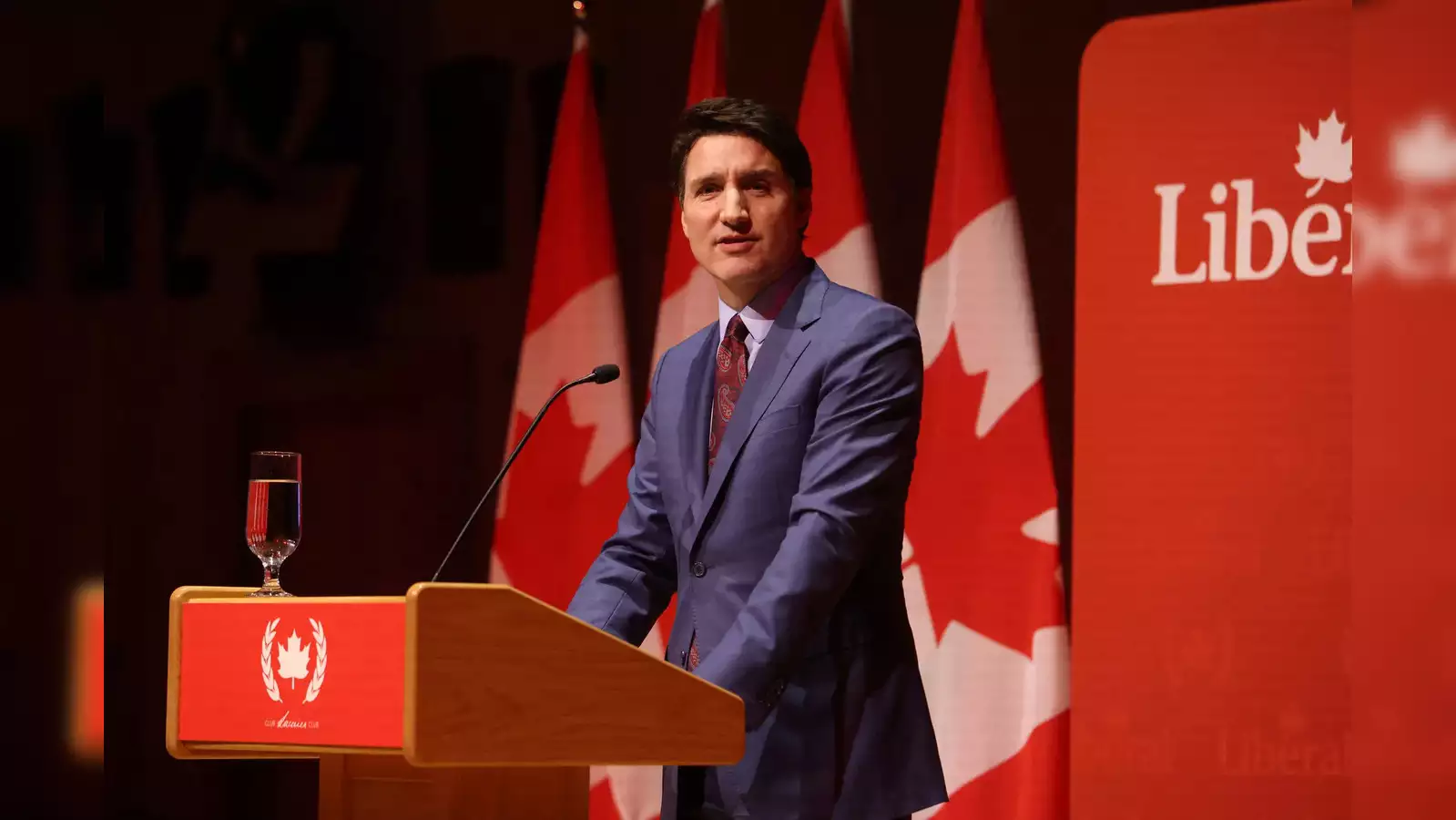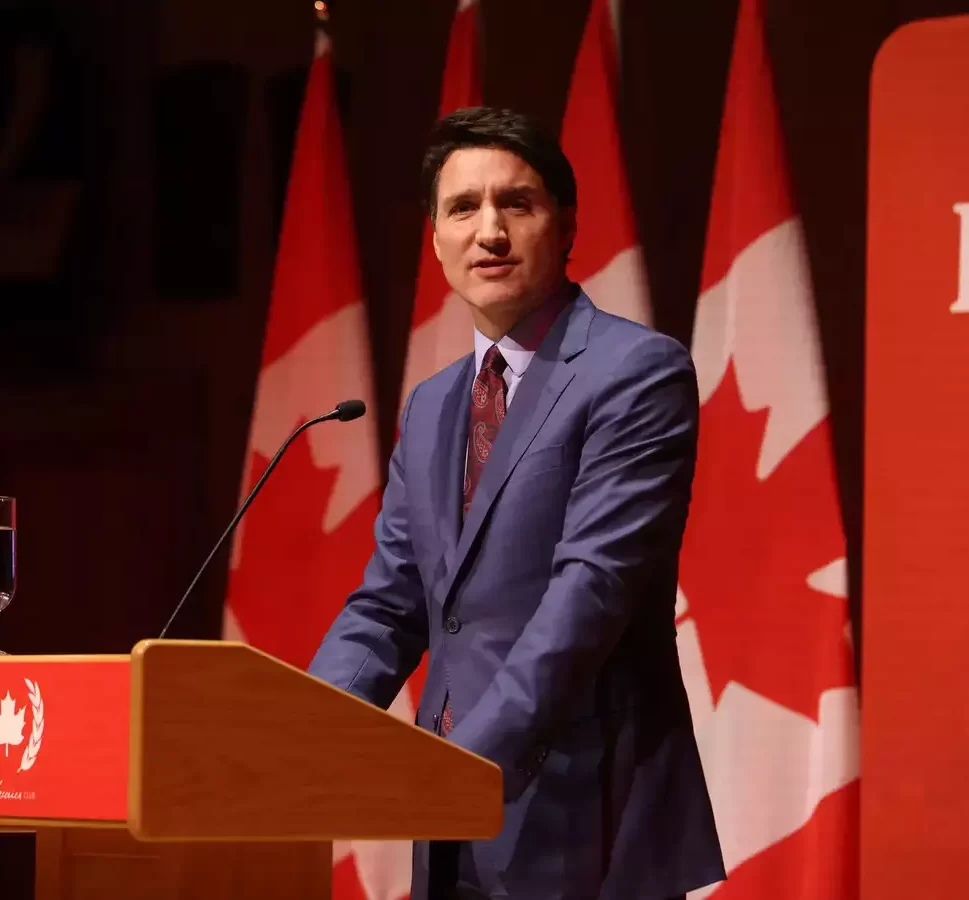
While Trudeau has not yet made a final decision, insiders suggest the announcement could come as early as Monday.
Canadian Prime Minister Justin Trudeau is likely to announce his resignation as leader of the ruling Liberal Party after nearly a decade in office, a source close to the matter revealed on Sunday.
While Trudeau has not yet made a final decision, insiders suggest the announcement could come as early as Monday.
The report follows revelations by the Globe and Mail that Trudeau’s anticipated departure may be timed ahead of an emergency meeting of Liberal legislators scheduled for Wednesday.
Sources indicate the prime minister’s resignation could leave the party without a permanent leader amid declining public support.
Polls show the Liberals are at risk of significant losses to the opposition Conservatives in the next federal election, which must be held by October 2025.
Trudeau’s departure, if confirmed, would mark the end of an era, as he has led the country through pivotal moments, including the COVID-19 pandemic and debates on climate policy.
Reuters reports that an increasing number of Liberal parliamentarians are urging Prime Minister Justin Trudeau to step down, as frustration grows over a string of poor poll results.
The prime minister’s office has not responded to requests for comment outside of regular business hours. According to his published schedule, Trudeau was set to participate virtually in a cabinet committee meeting on Canada-U.S. relations on Monday.
Speculation over Trudeau’s future intensified after a report by the Globe and Mail suggested it’s unclear whether he will resign immediately or stay on until a new Liberal leader is chosen.
Trudeau, who became Liberal leader in 2013 when the party was at a historic low, has faced mounting challenges in recent years. Calls for his resignation have grown louder following a series of setbacks, including losses in two safe-seat by-elections.
If Trudeau does resign, it could spark calls for a swift federal election to establish a stable government capable of navigating relations with the U.S. under President-elect Donald Trump.
According to one source cited by the Globe and Mail, Trudeau has discussed the possibility of Finance Minister Dominic LeBlanc serving as interim leader and prime minister, though this may be untenable if LeBlanc intends to run for the leadership.
The pressure on Trudeau intensified in December when he attempted to demote Finance Minister Chrystia Freeland, a close ally, after she resisted his plans for increased spending.
Freeland resigned instead, accusing Trudeau in a public letter of prioritizing “political gimmicks” over the country’s best interests.
Trudeau initially rose to power in 2015 with a message of optimism, championing progressive policies like women’s rights and action on climate change.
However, the realities of governing have taken their toll. The COVID-19 pandemic consumed much of his agenda, forcing Ottawa to spend heavily on relief measures, which led to record deficits. Despite these efforts, public frustration grew as inflation surged.
Meanwhile, missteps on immigration policy allowed a wave of arrivals that further strained Canada’s overheated housing market, adding to Trudeau’s challenges.
What was once a promising tenure now faces increasing doubts about its future.






